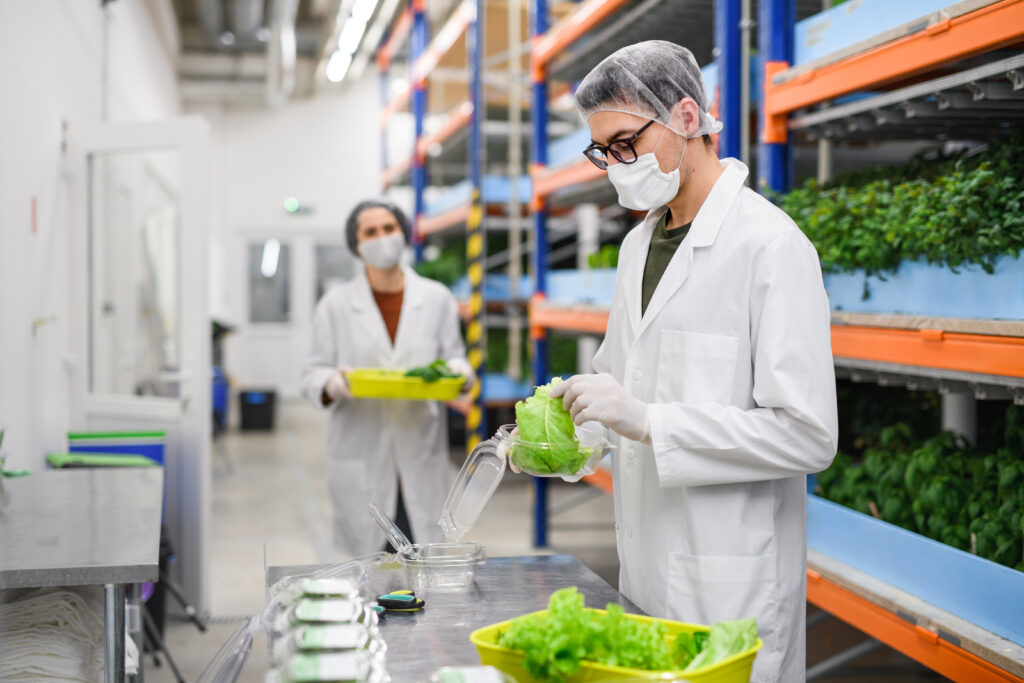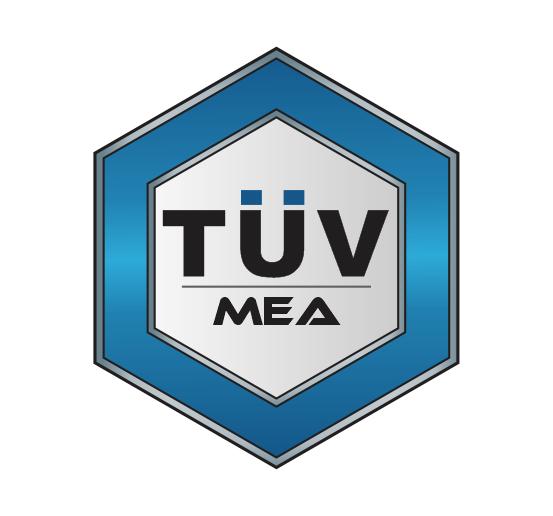Food Safety
Food Safety Courses are comprehensive training programs designed to educate individuals in the food industry about the principles, practices, and regulations essential for ensuring the safety of food products. These courses cover a broad spectrum of topics, including hygiene, sanitation, contamination prevention, and regulatory compliance
Benefits:
Risk Mitigation: Food safety courses equip professionals with the knowledge to identify and manage potential risks, reducing the likelihood of contamination and foodborne illnesses.
Regulatory Compliance: Understanding and adhering to food safety regulations is crucial for businesses. Completion of food safety courses ensures compliance, reducing the risk of legal issues.
Consumer Trust: Consumers trust establishments that prioritize food safety. Professionals trained in food safety instill confidence in consumers, positively impacting the reputation of businesses.

HACCP
HACCP (Hazard Analysis and Critical Control Points) Courses focus on a systematic approach to identifying, assessing, and controlling hazards in the food production process. This internationally recognized framework ensures the production of safe and high-quality food products.
Benefits:
Systematic Hazard Control: HACCP courses enable professionals to implement a structured system for hazard control, ensuring the safety of food products.
Global Acceptance: HACCP is acknowledged globally as a gold standard for food safety. Professionals with HACCP training contribute to consistent safety measures in international trade.
Continuous Improvement: HACCP emphasizes continuous monitoring and improvement, fostering a proactive approach to food safety management.
Food Hygiene
Food Hygiene Courses focus on preventing the spread of diseases through safe food handling practices and maintaining a clean environment. These courses cover personal hygiene, sanitation, and compliance with hygiene standards.
Benefits:
Disease Prevention: Food hygiene courses contribute to preventing the spread of diseases by educating individuals on safe food handling practices.
Compliance and Certification: Completion of food hygiene courses prepares individuals for certification, validating their competence in maintaining a clean and safe food handling environment.
Workplace Safety: Food hygiene training extends to workplace safety, ensuring employees are aware of potential hazards and can contribute to a safe work environment.
Food Quality
Food Quality Courses aim to ensure consistent quality in food products, covering aspects such as taste, texture, nutritional content, and appearance. These courses emphasize adherence to industry standards and continuous improvement.
Benefits:
Consistent Product Quality: Food quality courses focus on maintaining consistent product quality, enhancing consumer satisfaction and loyalty.
Compliance with Standards: Professionals trained in food quality management understand and implement industry standards, ensuring products meet or exceed regulatory requirements.
Competitive Edge: Businesses that prioritize food quality gain a competitive advantage, attracting discerning consumers and fostering brand loyalty.
